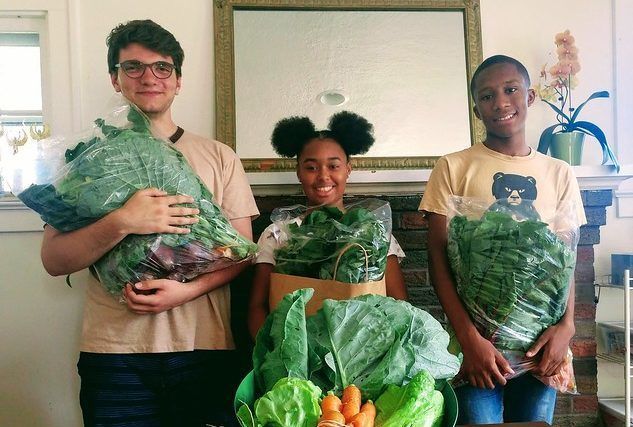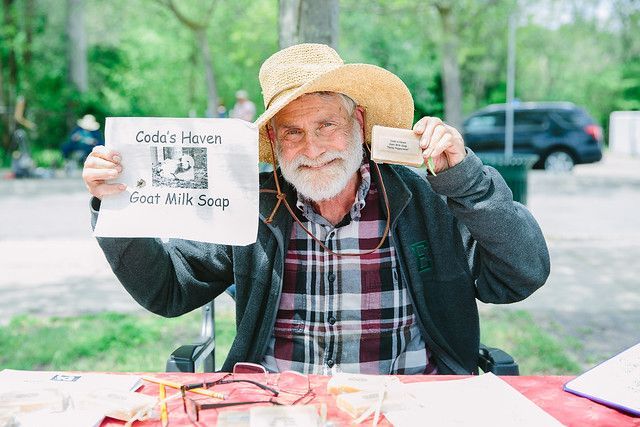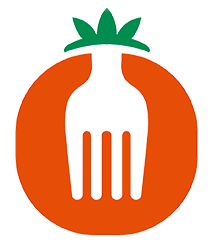Article
Fireside Chats with Disadvantaged Farmers
Happy Pride!
On a Friday afternoon in early spring, I joined several farmers and advocates for a “Fireside Chat” with Michigan Representative Elissa Slotkin and Secretary of Agriculture Tom Vilsack.
The Secretary shared updates about avian flu, the farm bill, and climate-smart agriculture initiatives. His thesis revolved around the viability of small and medium-sized farms by “getting entrepreneurial,” investing in climate-smart initiatives, selling agriculture waste, and more. During the Q&A, a dear friend and one of the only Black farmers in the room asked a question that could be summarized as:
How does this plan work for black and brown farmers?
It’s no secret that the USDA has a long history of excluding black farmers from financial resources or that 13.1 million acres were taken from black farmers by force or coercion. Understandably, this has led to a massive breakdown in trust towards the Department of Agriculture. Even today, many Black farmers experience discriminatory practices when they attempt to access this capital.
One part of his answer was a laundry list of grants and services the department had created for disadvantaged farmers. But this misses the mark.
We’ve repeatedly highlighted that institutions, organizations, or other government entities often have access to funding to support black and brown farmers, but to no avail. Our likeness is used for marketing campaigns, and our data is used for reporting, but far too often, Black farmers do not reap the benefits of this funding or support.
Without real accountability, these programs tokenize Black farmers.
The second part of his answer put the onus on Black farmers to do the work to actualize these resources in their lives. But we’ve done our research, we’ve reached out. The programs are not working. If the department cannot consistently acknowledge the system of injustice it was founded on, any and all meaningful change will only be stalled.
Black farmers often have little to no generational wealth, land, resources, or knowledge. What they have, need, and rely on is community. Community to show up, shop, and advocate for fairness and justice. This community makes our local food system better for everyone.
This is the community we’re building.
Together, we’re building food sovereignty, investing in the local food system, and ensuring everyone has a chance to grow. That’s why we’re investing in our community of growers. When our community has the tools, resources, and knowledge to interact with food and the food system with equity, we show up for one another.
In solidarity,
Julius
P.S. This month, we celebrate Pride, Juneteenth, and the diverse movement builders investing in food sovereignty throughout history and our community. We need all hands in this garden. Join in the movement and help ensure everyone has the chance to grow.
share this
Related Articles
Related Articles
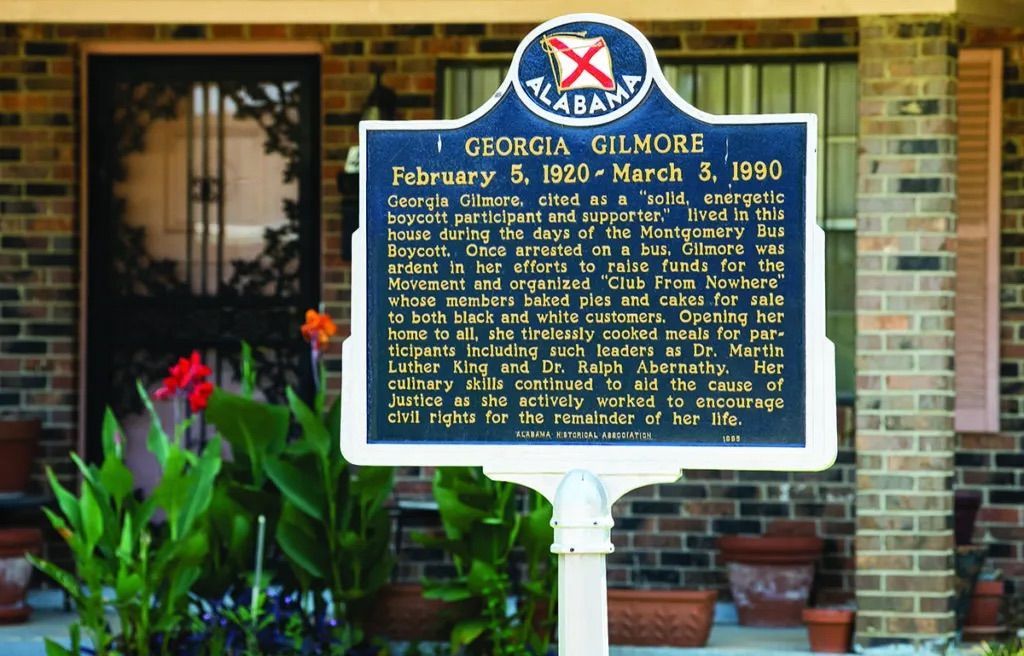
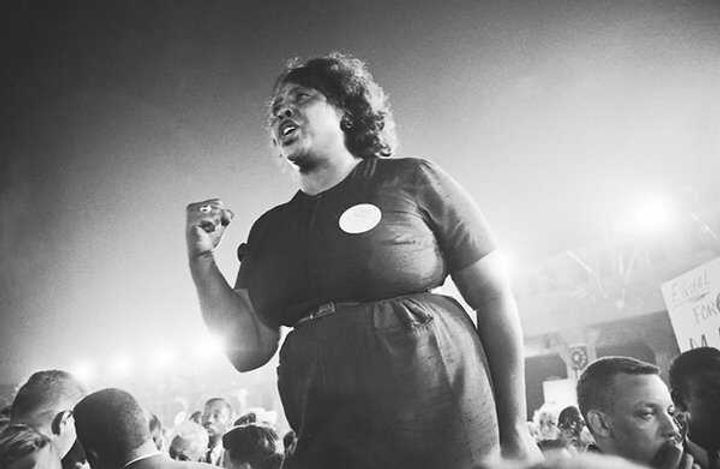
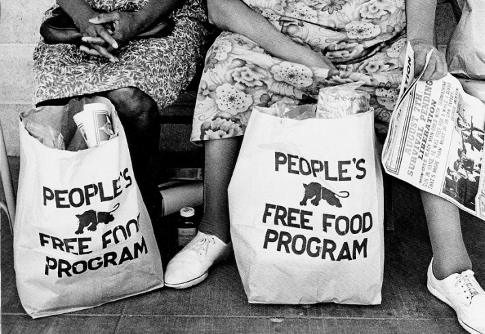
STAY UP TO DATE
GET PATH'S LATEST
Receive bi-weekly updates from the church, and get a heads up on upcoming events.
Contact Us


